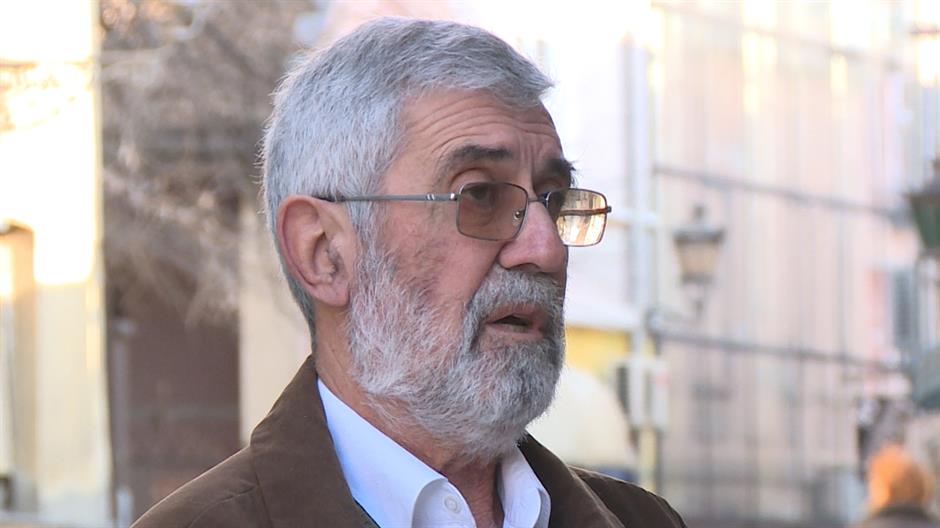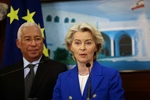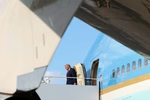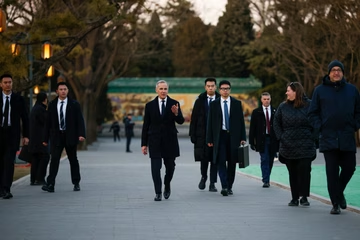Serbia's mute consent with Bosnian Serb leader hot rhetoric

Authorities in Serbia remain silent over Bosnia’s Serb leader Milorad Dodik’s threatening calls for the future unification of the Serb entity in Bosnia and Republic of Serbia, an activist says.
Oglas
Aleksandar Popov, the director of the Centre for Regionalism and co-chairman of the Igman Initiative, told Beta news agency that the absence of Belgrade’s reaction to this rhetoric was “a mute consent.”
“The story on the unification of the Republika Srpska (RS, Serb-dominated entity in Bosnia) with Serbia has become his (Dodik’s) mantra which he repeats for the internal use to homogenise the Serbs and present himself as their only protector ahead of the forthcoming elections,” Popov said.
But, he warned, the silence of Belgrade was “a bigger problem since it shows that Serbia thinks it could compensate the loss of Kosovo with the unification with the RS.”
Oglas
He added that “it is dangerous thinking and Dodik is only adding fuel to the flame.”
Popov said that danger in such Dodik’s words also lied in a Russian factor since it suited Moscow in its attempt to get as much regionally involved as possible.
“So, apart from Turkey, Russia is getting engaged into Bosnia’s life, thus initiating the big powers’ competition in the region,” Popov said.
He criticised Valentin Inzko, an Austrian diplomat serving as the High Representative for Bosnia and Herzegovina since 2009, for not using his broad authority and for not sanctioning the politicians who are destabilising Bosnia.
Oglas
“He (Inzko) behaves like an ordinary observer,” Popov said.
Dodik’s rhetoric, he adds, suits both Bosniak and Croatian nationalists.
“That’s a game inside Bosnia which lasts thanks to the imperfection of the Dayton Agreement which did not create a civil and functional country.”
The Dayton Agreement is the 1995 peace accord that stopped the Bosnian war and established the state of Bosnia and Herzegovina, divided into two entities, Serb dominated RS and the Bosniaks and Croatian federation.
Oglas
The then leaders of Serbia, Croatia and Bosnia signed the agreement on behalf of the three nations living in the pre-war Yugoslav republic. Popov said he expected Dodik to continue “at any cost with the attempts to destabilise Bosnia since he sees that as the only way of his political survival.”
Kakvo je tvoje mišljenje o ovome?
Učestvuj u diskusiji ili pročitaj komentare
Oglas
Kakvo je tvoje mišljenje o ovome?
Učestvuj u diskusiji ili pročitaj komentare
Oglas
NAJČITANIJE
Oglas
Oglas
Najnovije
Oglas
Oglas





 Srbija
Srbija
 Hrvatska
Hrvatska
 Slovenija
Slovenija



























































